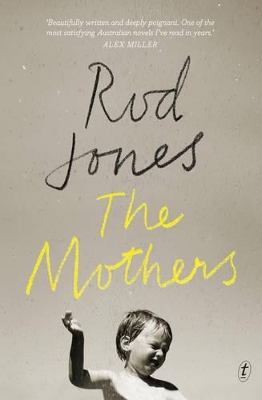Reviewed by gmcgregor on
Meanwhile, Anna is a teenage mother sent a religious home for unwed mothers, where she is convinced to give up her baby son for adoption despite her desperate desire to keep him. That son is adopted by Molly and named David, and spoiled as Molly tries to work through her own complicated childhood legacy. David, in turn, grows up to get his girlfriend Caroline pregnant, and even though he stays with her, he doesn't exactly do right by her. When David's older and has established his family, he wants to meet his birth mother, and she has complicated feelings about a reunion.
This book is hard to write about because there's not a lot there. The themes he riffs on, of the difficult choices women have to make around motherhood and the way mothers raise their children playing out in how they deal with their own parenthood, aren't new, and he doesn't do anything special with them. It does strike me as strange that this book was written by a man...the emotional costs of motherhood seem like a topic much more germane to a female experience. Not that it's written poorly or with a hamhanded treatment of the subject...it's fine if completely unremarkable, for the most part, but it made me wonder about Jones' own feelings about his mother. Was he raised in an environment where he became particularly empathetic towards women's stories, or does he have a more complicated relationship with mother figures in his life that he's trying to work out? Psych 101-ing someone based on one piece of writing is a completely futile endeavor, but his subject and treatment of it are unusual enough that it elicits the question, anyway.
Reading updates
- Started reading
- 10 October, 2016: Finished reading
- 10 October, 2016: Reviewed
